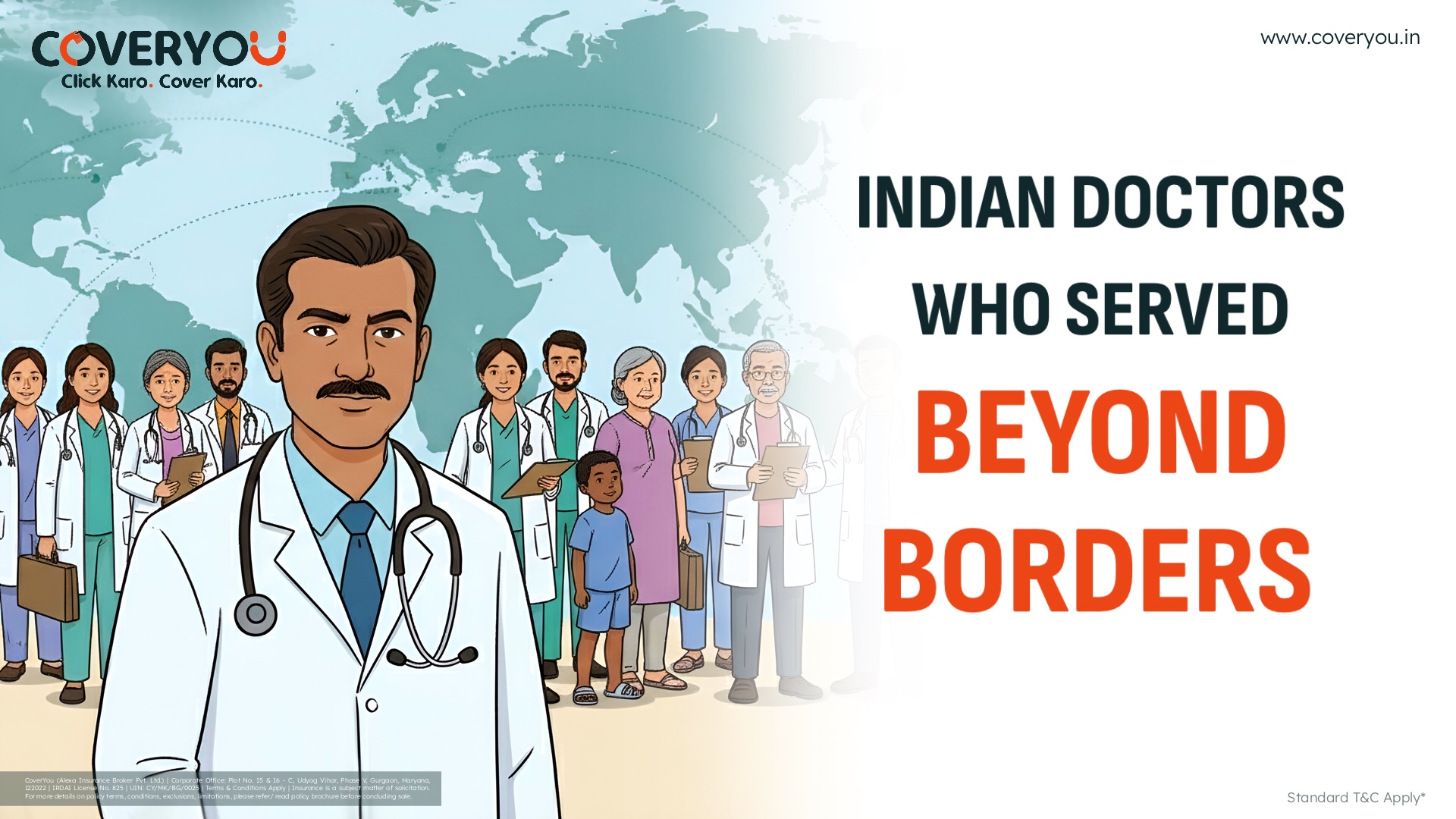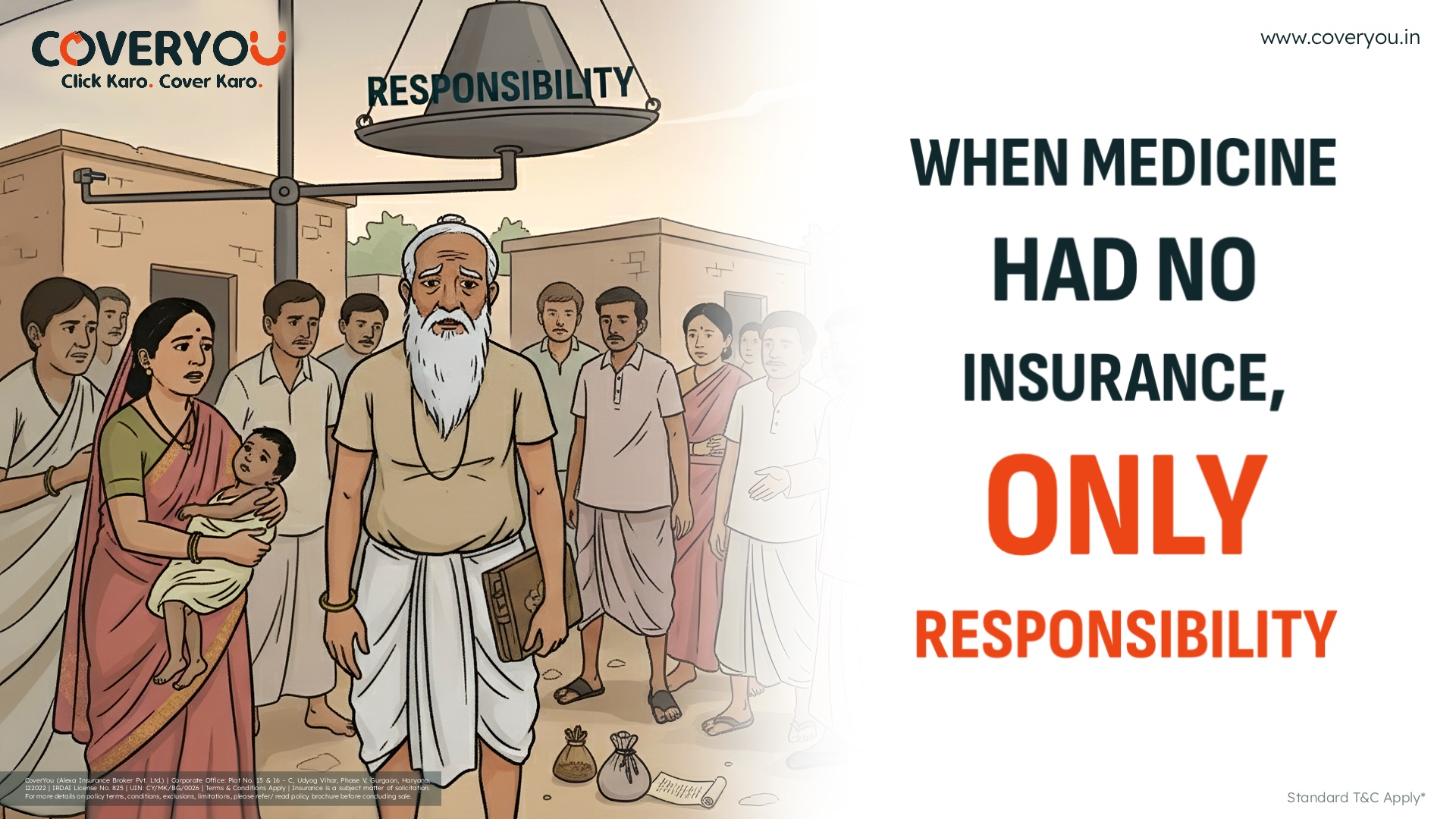In a historic shift, the World Health Organization (WHO) has included traditional medicine within its world-recognized health framework by adding a special module on Traditional Medicine Conditions (TM-2) to the International Classification of Diseases (ICD-11). This historic action promotes Ayurveda, Siddha, and Unani to an internationally recognized medical classification, with proper documentation assured and laying the groundwork for their greater inclusion in contemporary healthcare.
A Paradigm Shift in Healthcare Recognition
India’s Ayush Ministry has been at the forefront of this effort, after a year of intense testing and discussions since the first rollout of ICD-11 TM-2 in January 2024. This acknowledgment is revolutionary, as it makes these traditional medical systems officially classified alongside mainstream medical conditions. Historically, traditional medicine has been a central component of healthcare in most areas, providing holistic and preventive care options. Lacking formalized documentation and international acknowledgment, though, it was usually excluded from mainstream medical study and policy planning. With WHO’s recent update, this is finally changing.
Implications for Doctors and the Medical Community
For doctors, this classification means an array of advantages:
- Dual Coding for Better Patient Care: Doctors can now code both traditional and conventional medicine diagnoses together, enabling a more comprehensive understanding of patient health and treatment outcomes.
- Evidence-Based Research: By systematically tracking traditional medicine’s effectiveness, this update facilitates robust research, allowing practitioners to make data-driven decisions.
- Impact on Global Policy: Inclusion in ICD-11 strengthens traditional medicine practitioners by linking their practice into global and national health policies, with improved funding, regulation, and international recognition.
Bridging the Gap Between Traditional and Modern Medicine
Vaidya Rajesh Kotecha, Ministry of Ayush Secretary, highlighted that the update promotes an inclusive and evidence-based healthcare system. “The launch of the ICD-11 update 2025 is a major step towards the global integration of traditional medicine, including Ayurveda, Siddha, and Unani. By enabling dual coding and enhancing data collection, this update promotes evidence-based policymaking, improves patient care, and facilitates holistic and inclusive healthcare globally.”
This initiative also serves to advance WHO’s mission to improve universal health coverage and sustainable development goals. WHO’s Classifications and Terminologies Unit Team Leader, Dr. Robert Jakob, noted the enhanced usability and interoperability of the new ICD-11 update to seamlessly integrate into healthcare systems around the globe.
What This Means for Healthcare Providers
Healthcare professionals now have an official platform to document, research, and analyze traditional medicine practice. The new classification enables:
- Increased Research Opportunities: Universities, hospitals, and policymakers are now able to analyze traditional medicine’s influence in a more systematic manner.
- Integration into National Health Systems: Governments can incorporate Ayurveda, Siddha, and Unani into insurance cover and treatment protocols, making it more accessible.
- Increased Credibility: Standardized documentation increases international recognition and credibility for traditional medicine professionals.
The Future of Integrative Medicine
With this WHO endorsement, the world of healthcare is moving towards integrative medicine, where conventional and contemporary systems complement each other. This leads to improved patient outcomes, more varied treatment alternatives, and a move towards actual holistic healthcare.
For CoverYou and our network of doctors, this acknowledgment reflects the increasing significance of medical frameworks outside traditional practices. As an insurance brokerage firm that specializes in medico-legal protection, CoverYou remains committed to backing healthcare professionals working within these developing frameworks, keeping them abreast of international medical developments. This announcement is more than a designation, it’s proof of the ancient wisdom of traditional medicine and its place in the world of global healthcare.
















